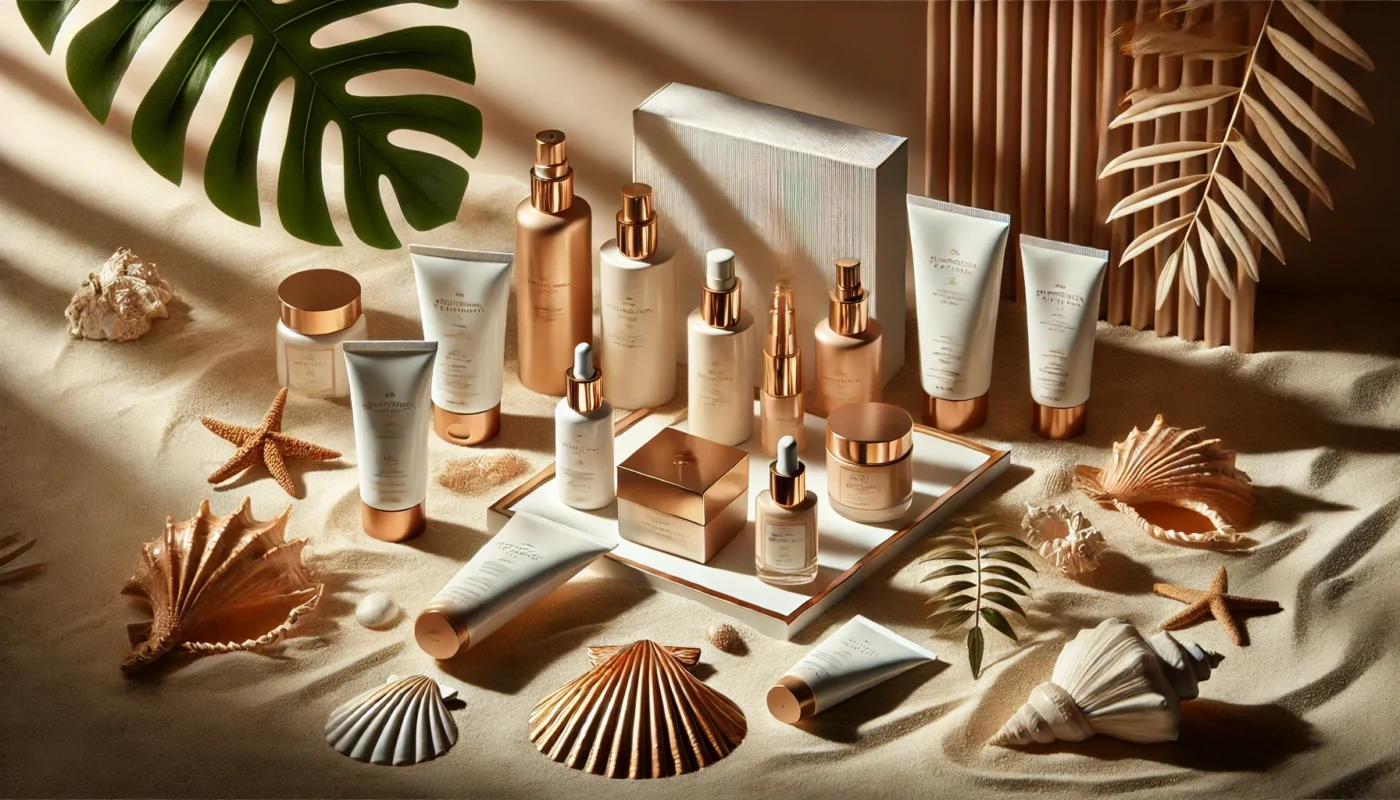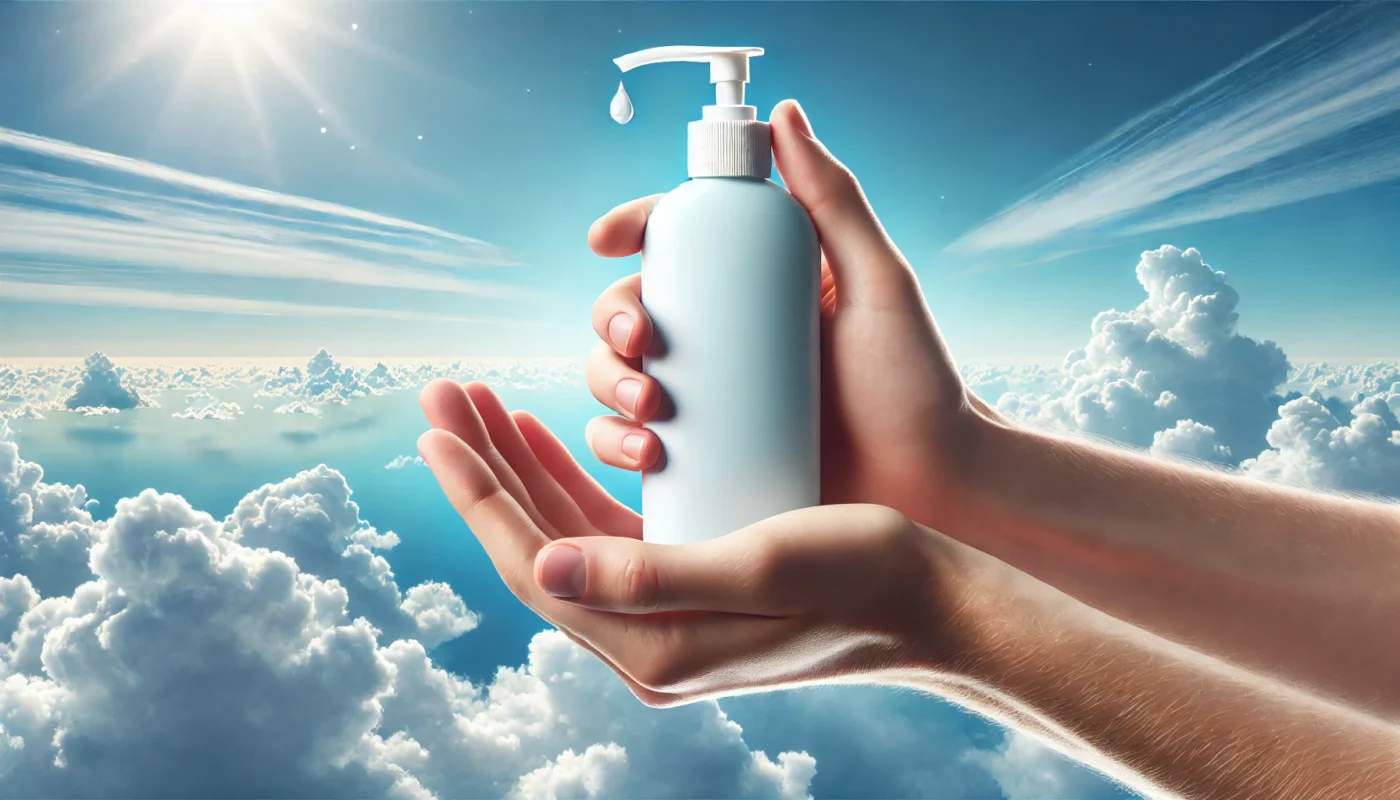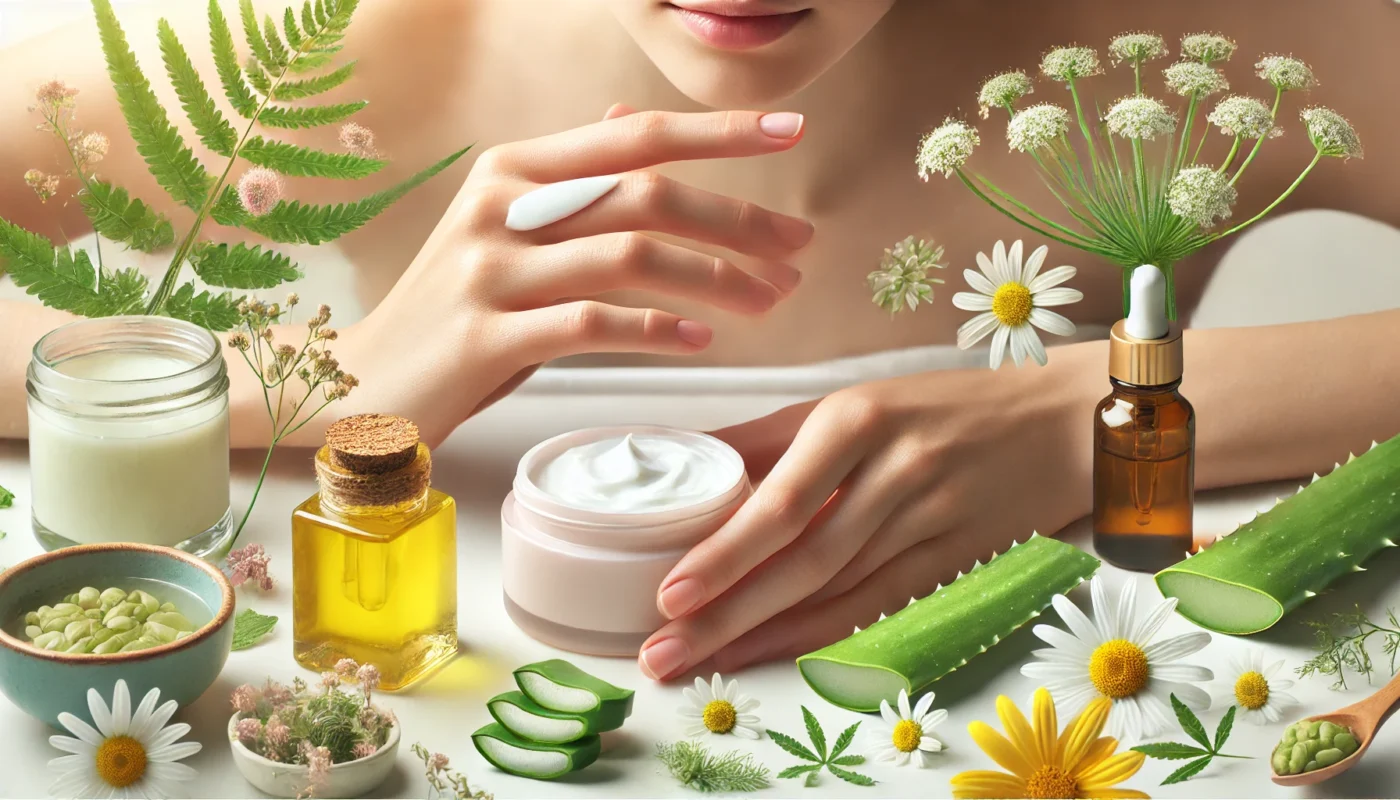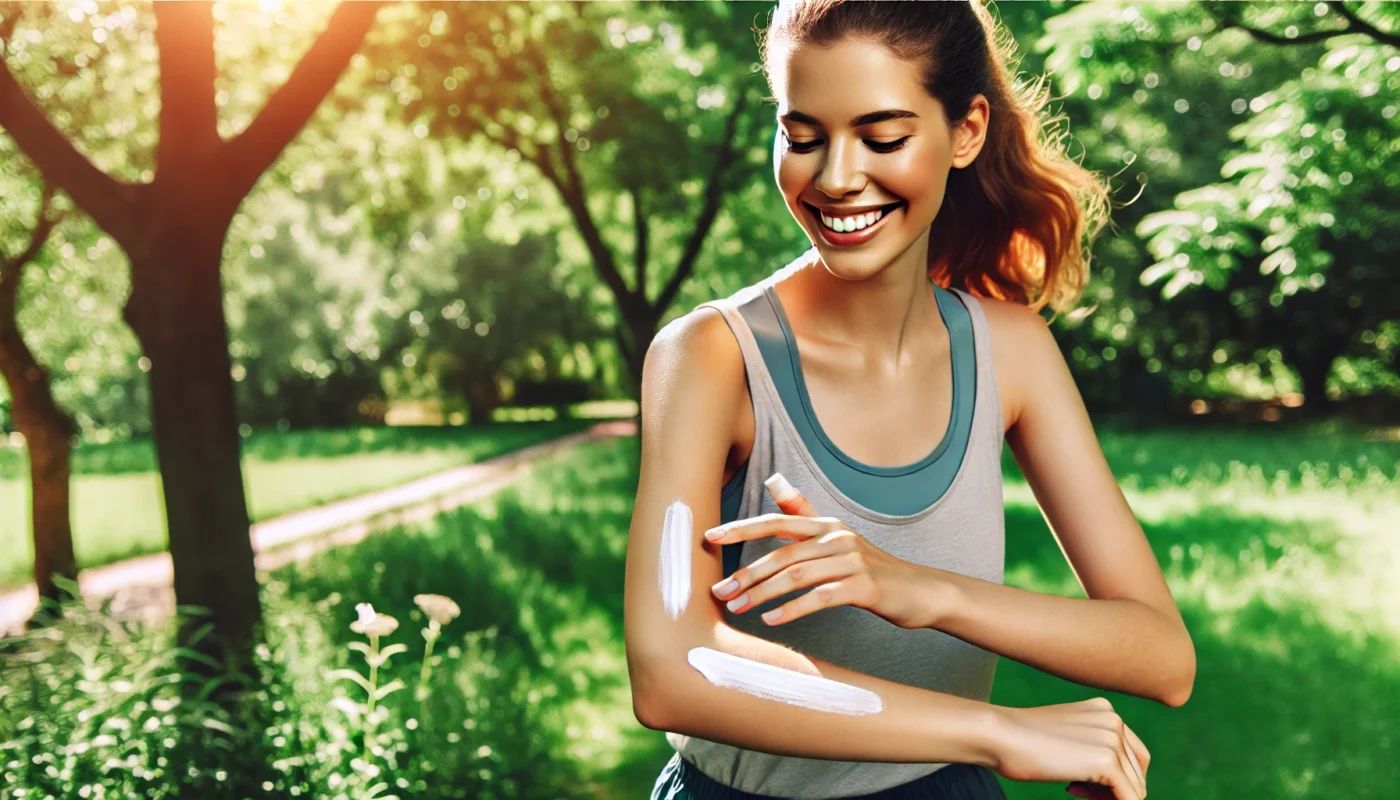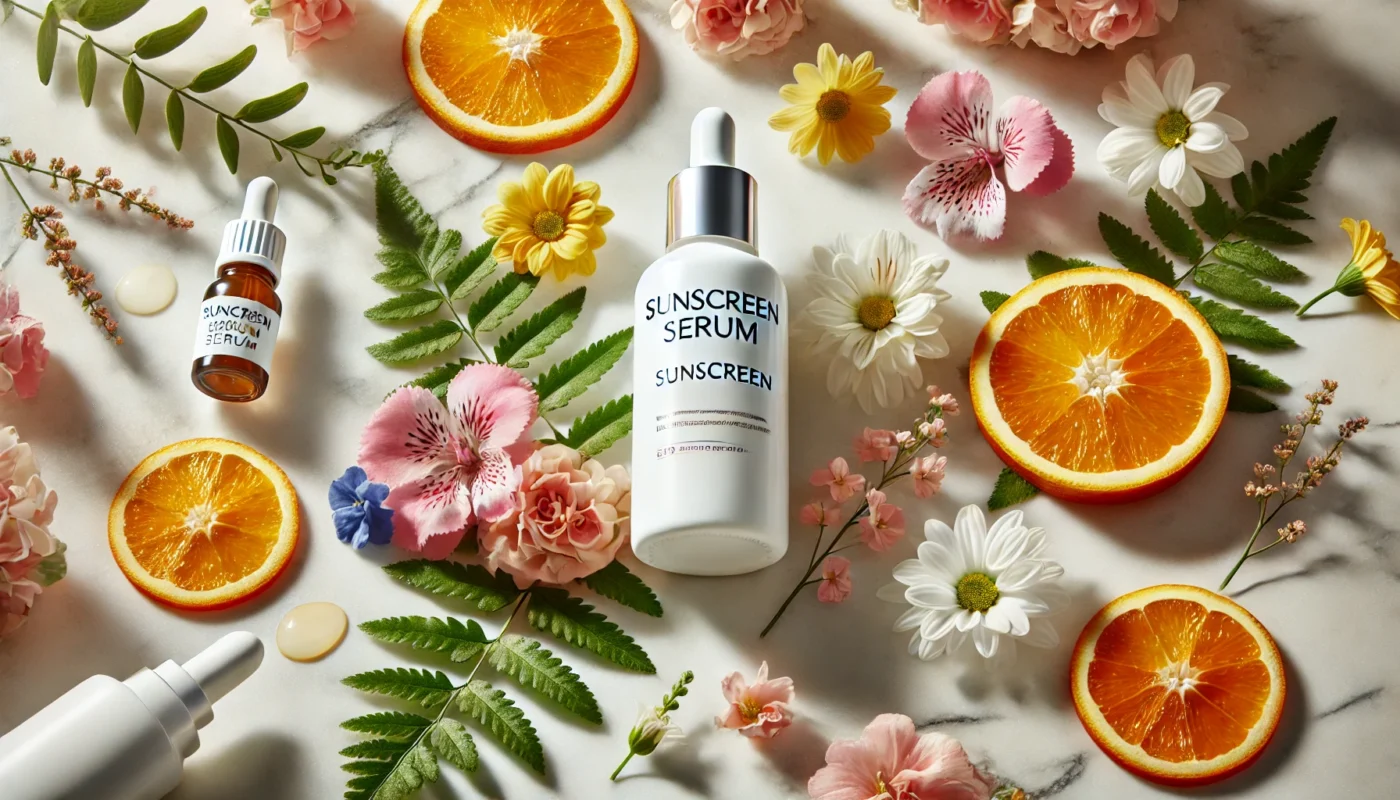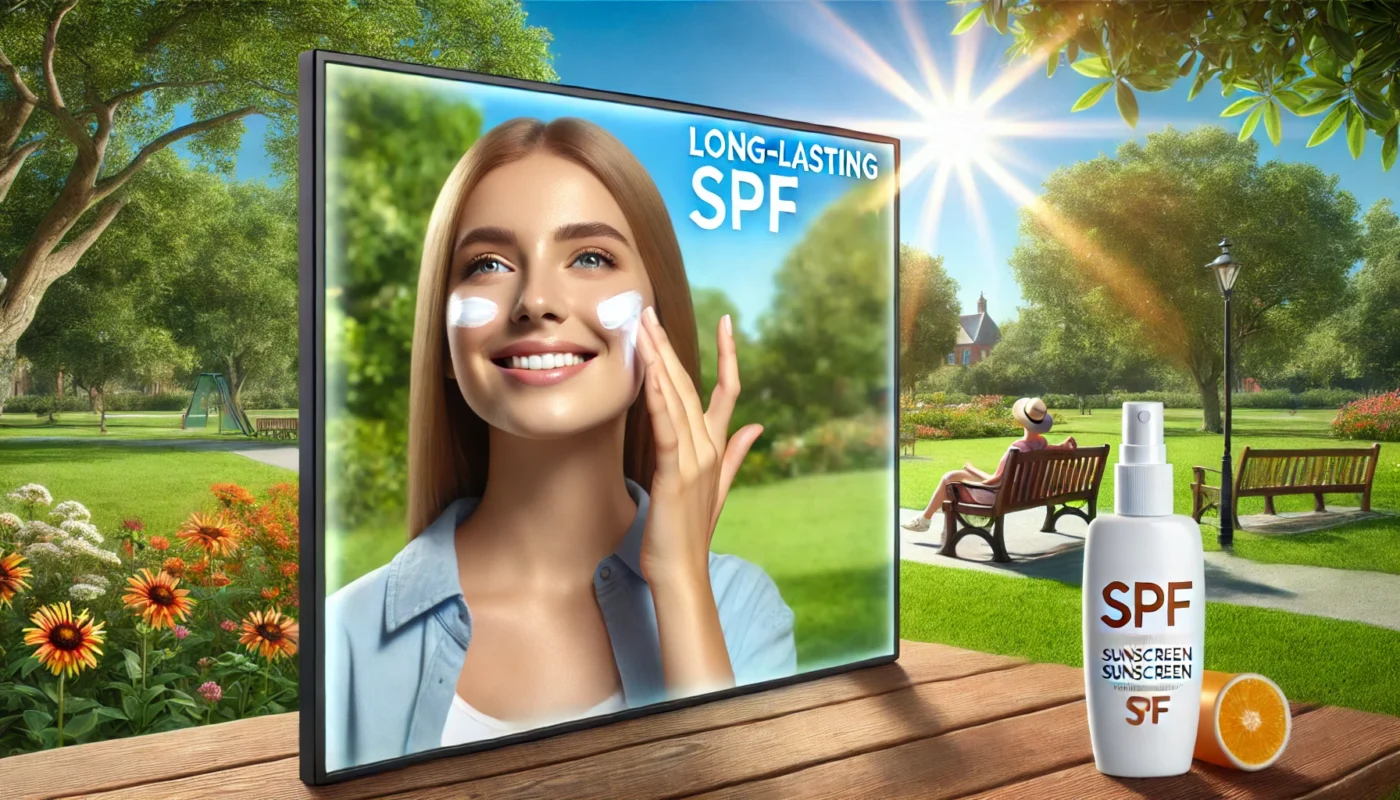In the pursuit of optimal skin health and protection against the sun’s harmful rays, selecting the appropriate sunscreen for both face and body is essential. The plethora of options available in the market can be overwhelming, yet understanding the nuances of sun protection can significantly enhance your skincare routine. This article delves into the top […]
Tag Archives: healthy skin
The rejuvenating power of Aloe Vera has been celebrated for centuries, transcending cultures and time to remain a staple in holistic health practices. Among its myriad benefits, Aloe Vera’s soothing effect on sunburn stands out as a beacon of relief for those overexposed to the sun’s intense rays. But what does Aloe do for sunburn, and why is it hailed as a natural remedy? In this article, we delve into the science behind Aloe Vera’s effectiveness, explore its applications, and offer practical advice for integrating it into your sunburn relief regimen.
When it comes to safeguarding your skin against the sun’s harsh rays, SPF face protection stands as an essential cornerstone in your daily health regimen. While the sun provides us with vital Vitamin D, overexposure can lead to premature aging and skin cancer. In this comprehensive guide, we delve into the nuances of SPF face protection, exploring the best 100 SPF sunscreens for the face, the efficacy of high-SPF lotions, and practical strategies to incorporate these into your skincare routine.
Sunburn is a skin condition caused by overexposure to ultraviolet (UV) radiation from the sun. It is not only uncomfortable but can also have long-lasting effects on skin health.
The primary function of sunscreen is to protect your skin from the harmful effects of ultraviolet (UV) radiation. However, many traditional sunscreens can cause irritation, especially when applied to sensitive facial skin. This irritation often results in stinging eyes, which can be particularly uncomfortable and even deter people from using sunscreen altogether.
Skin inflammation is a common concern that affects individuals of all ages. While it can be a source of discomfort and self-consciousness, understanding how to effectively manage and reduce skin inflammation is crucial for maintaining healthy, radiant skin. In this comprehensive guide, we will explore the causes of skin inflammation and provide actionable strategies to reduce redness and prevent flare-ups using holistic and alternative approaches.
Before we explore the benefits, it’s imperative to understand what distinguishes lightweight sunscreen from traditional formulations. Unlike heavier sunscreens that may leave a greasy residue, lightweight sunscreens offer a non-comedogenic, fast-absorbing solution that feels comfortable on the skin.
Sunscreen serums are hybrid skincare products that blend the lightweight, hydrating properties of a serum with the sun protection factor (SPF) of sunscreen. This dual-action formula is ideal for those who wish to protect their skin from sun damage while reaping the benefits of serum ingredients like antioxidants, vitamins, and hydrating agents.
The Evolution of Sunscreen Serums
Sunscreen has come a long way from the greasy lotions of the past. Modern sunscreen serums integrate advanced skincare technologies to provide protection without the heavy feel. The evolution of these products reflects a growing understanding of the need for daily sun protection, even on cloudy days or during winter months.
When it comes to safeguarding your skin from the sun’s harmful rays, choosing the right sunscreen is crucial. But with so many options available, is there a sunscreen that lasts all day? In this comprehensive guide, we’ll delve into the intricacies of sun protection, explore the science behind SPF, and offer practical advice for selecting a sunscreen that provides long-lasting protection.
Understanding SPF and Its Importance
What is SPF?
SPF, or Sun Protection Factor, is a measure of how well a sunscreen can protect skin from UVB rays, the kind of radiation that causes sunburn and contributes to skin cancer. SPF is a relative measure, indicating how much longer you can stay in the sun without burning compared to unprotected skin.
For example, if you would normally burn in 10 minutes without protection, an SPF 30 product should theoretically allow you to stay in the sun 30 times longer, or 300 minutes, without burning. However, this is an ideal scenario, and various factors can affect actual protection. These factors include the amount of sunscreen applied, the individual’s skin type, and environmental conditions, which can all alter the effectiveness of the SPF rating.
Sun protection is a crucial part of any health and wellness routine. It’s not just about avoiding sunburns, but also about protecting your skin from premature aging and reducing the risk of skin cancer.
Mineral sunscreens, also known as physical sunscreens, have gained popularity for their skin-friendly and environmentally conscious properties. They use natural minerals, primarily zinc oxide and titanium dioxide, to shield your skin from harmful UV rays.
But with so many products on the market, how do you choose the best mineral sunscreen for your needs? Whether you have oily skin, need a sunscreen that works well under makeup, or are looking for a body sunscreen that doesn’t leave a white cast, we’ve got you covered.
In this comprehensive guide, we’ll delve into the science behind mineral sunscreens, discuss their benefits, and provide practical advice on how to choose and use them effectively. We’ll also share our top picks for the best mineral sunscreens for various needs and skin types.
- 1
- 2

